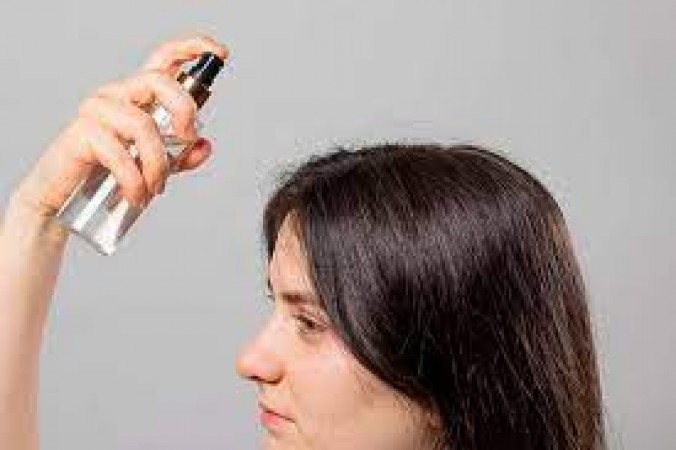
In the world of hair care, one question has sparked endless debates and discussions: should you apply oil to your hair after a hair treatment? Some swear by the benefits of post-treatment oiling, while others argue it can do more harm than good. In this article, we'll dive deep into the topic, exploring the pros and cons of applying oil to your hair after a treatment.
Before we delve into the oiling dilemma, it's crucial to understand the different types of hair treatments available. These treatments vary in purpose and ingredients, and their effects on your hair can influence whether or not oil is a good idea afterward.
Hair conditioning treatments are designed to add moisture, repair damage, and improve overall hair health. They typically contain ingredients like hydrating oils, proteins, and vitamins.
Chemical treatments, such as coloring, perming, or straightening, involve the use of strong chemicals to alter hair structure. These treatments can leave hair vulnerable and damaged.
Using heated tools like straighteners or curling irons can cause heat damage to hair, making it susceptible to breakage and dryness.
Many proponents of hair oiling argue that it can provide several benefits, especially after specific treatments. Here's a closer look at why some believe in the practice:
Oiling can seal the hair cuticle, helping to lock in the moisture provided by conditioning treatments. This can result in softer, more manageable hair.
The right oil can give your hair a healthy sheen, making it appear more vibrant and well-nourished.
Oiling can help tame frizz and flyaways, leaving your hair looking sleek and polished.
While oiling has its fans, there are also strong arguments against applying oil to your hair after a treatment. Here are some of the concerns raised by skeptics:
Certain oils can make your hair feel heavy and greasy, especially if applied in excess. This can be counterproductive to the benefits of a treatment.
After chemical treatments, it's essential to follow specific guidelines to maintain results. Oiling may interfere with these guidelines and compromise the treatment's effectiveness.
Oiled hair may attract more dust and pollutants from the environment, leaving it looking dirty and dull.
Rather than a one-size-fits-all approach, the decision to apply oil after a hair treatment should consider the type of treatment and your hair's specific needs. Here are some guidelines:
If you have naturally dry hair, you may benefit from post-treatment oiling more than someone with oily hair.
Choose lightweight, non-greasy oils like argan or jojoba, and use them sparingly to prevent a weighed-down feeling.
Consider waiting a day or two after a chemical treatment to allow the effects to settle before applying oil. In the eternal debate of whether to oil or not to oil after a hair treatment, there's no one-size-fits-all answer. Your hair type, the type of treatment you've had, and your personal preferences all play a role. It's essential to strike a balance between nourishing your hair and not overloading it with oils. Ultimately, the key is to listen to your hair's needs and adjust your post-treatment routine accordingly. Whether you're Team Oil or Team No Oil, the goal is the same: healthy, beautiful hair.
People of these zodiac signs will have to be careful today, know your horoscope